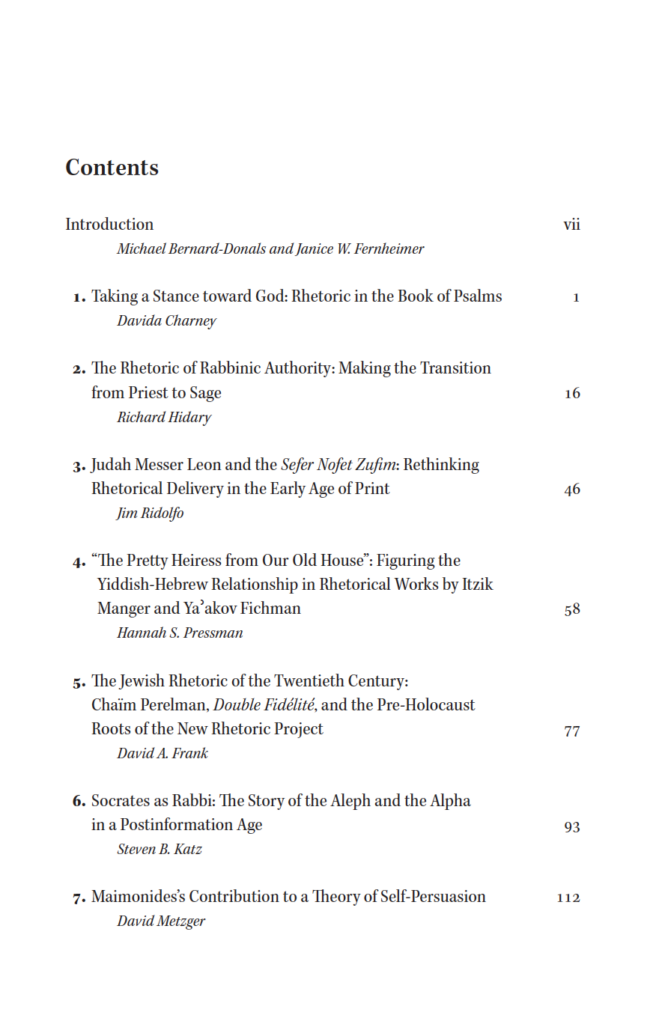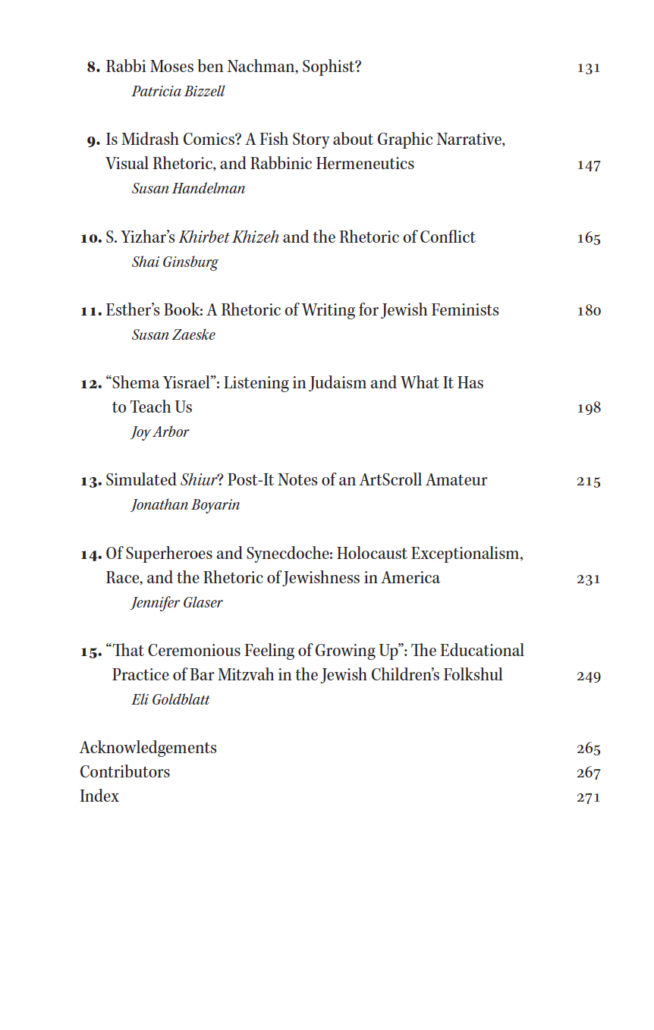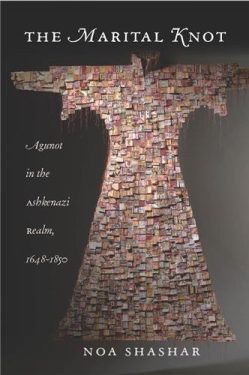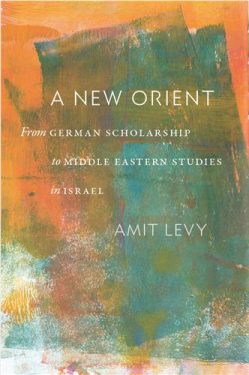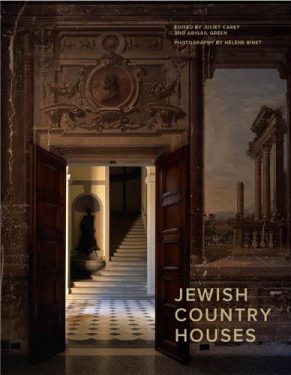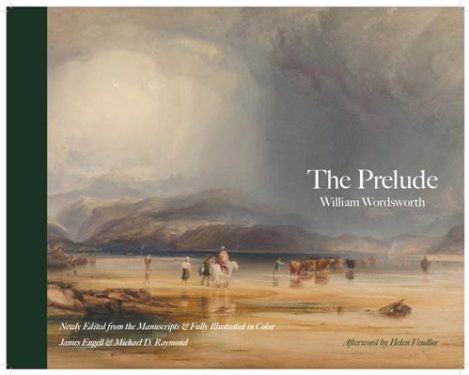Janice W. Fernheimer
Born and raised in Gaithersburg, MD, Janice Fernheimer earned her BA in English at the University of Maryland, College Park and both her MA in American Literature and her PhD in English with a concentration in Rhetoric and Writing at the University of Texas at Austin. In Fall 2008, she was a visiting scholar at the Hadassah Brandeis Institute for Gender and Jewish Studies. Prior to joining the faculty at UK, she was Assistant Professor of Rhetoric and Composition at Rensselaer Polytechnic …





